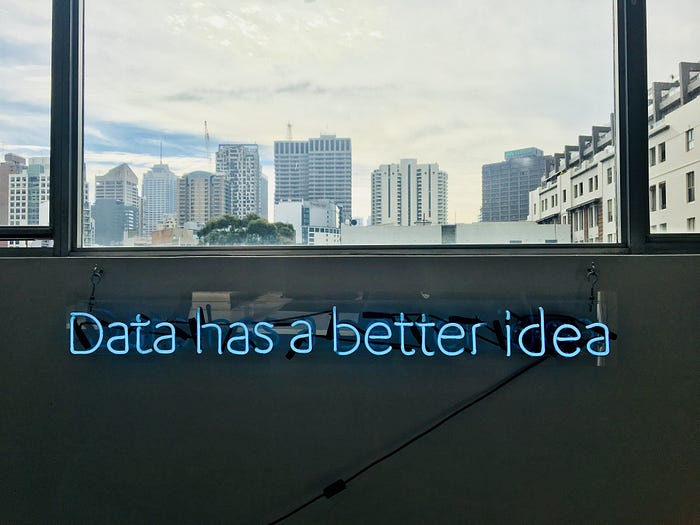Major innovations in Data-Driven Decisions

Over the last decade, online data has become the centre of many online discussions. On one side, users of various online media, like vast social networks Facebook and Twitter, have raised the question of online privacy and request more control over how these companies handle their data. And there’s no surprise there. Ever since Christopher Wylie revealed how Cambridge Analytica scraped Facebook user profiles to use the information later to influence democratic elections, people realized that collecting and using the data might not always be for their own good.
On the other hand, both businesses and investors rely on online data to make crucial decisions. A considerable part of the economy depends on access to information, which is later used to improve the service and get the market situation’s overview to enhance business development, trend analysis, and investment intelligence.
In other words, data-gathering is by no means a negative phenomenon, though, in the wrong hands, it can do a lot of damage. That’s why transparency and ethics is of utmost importance.
Here I’d like to elaborate on my own experience with data-scraping services and Coresignal service in particular, and focus on the emerging Alternative Data concept, which could help business development and strengthen the market economy when it needs it the most.
But first things first.
What’s the problem with web-scraping?
Usually, when you mention “data-scraping” in a conversation, the reactions are overly pessimistic.
- “They’re stealing my private information without my consent!” might say someone.
Or
- “It’s to target us with annoying ads we don’t want to see!” adds another opinion.
Both of these have, sadly, happened. But in reality, this has little to do with data-scraping and more with unprofessional marketing companies that only care to boost their revenue at all costs. They use data-scraping but not in a way that is considered progressive.
My experience with data-scraping has been a positive one. As a gamer, I entered the video game industry, affiliating with a small publisher focused on pixel-art games. It was a small niche, and right from the start, we had to have a clear idea of how much can be spent on development, software, shipping out the game, etc.
And we used data-scraping to get information about the costs. We never gathered any personally identifiable information or tried to bypass privacy laws. Our scraper searched the web for required services, collected price data, efficiency, and publicly available user reviews. In a few weeks, we had a clear idea of what’s available to us and could proceed further.
Doing this manually would’ve taken us a few months, and, in the end, the results would have suffered in quality.
The concept of Alternative Data
Seeing the clear benefits of ethical data-scraping, I decided to dig deeper into this tool for data-driven decisions and came across the Alternative Data concept.
First of all, both Forbes and the Wallstreet Journal have talked about this emerging technique. According to Forbes
“A new source of data rapidly gaining traction is data gathered directly from consumers in a scientific and privacy compliant manner. The data goes beyond a swiping of a card to the motivations and intentions of the consumer who uses the card. This type of data has been used to successfully predict sales, economic predictive signals such as recessions and future purchase intentions across categories and down to specific retailers.”
Alternative Data — as the name suggests — is not your typical business data. I need to stress out that once again, we’re not talking about anything personal. Here’s a blog post from Coresignal, a professional company that offers business data for data-driven solutions that explains clearly what Alternative Data is.
As explained in the blog post, this is not personal data. From my experience, every professional business that handles data management puts a lot of effort to depersonalize information and abide by GDPR or CCPA rules.
When we have that out of the way, Alternative Data’s benefits are illuminated in a different light.
The problem with your typically-scraped data is that sometimes it doesn’t reveal the whole picture. After all, a lot depends on what businesses choose to disclose, what they keep in secret (for better or for worse), and such monopolistic Big Tech giants like Facebook and Amazon keep all of the data to themselves.
Obviously, that’s how you remain in top positions, but monopolies, in the long run, aren’t healthy for the economy. Alternative data analysis gives an upper hand for growing businesses that want to control their investments efficiently.
Having investment intelligence beforehand can prevent hours and days of discussions on whether a particular niche would be profitable and what to expect in the near future. It also extends to data-driven recruitment to find potential talents for your project.
To summarize, working in a small business, I found information vital and crucial for successful investment. And after reading this article, I hope some of you will also see data-scraping in a different light when it’s done correctly.
